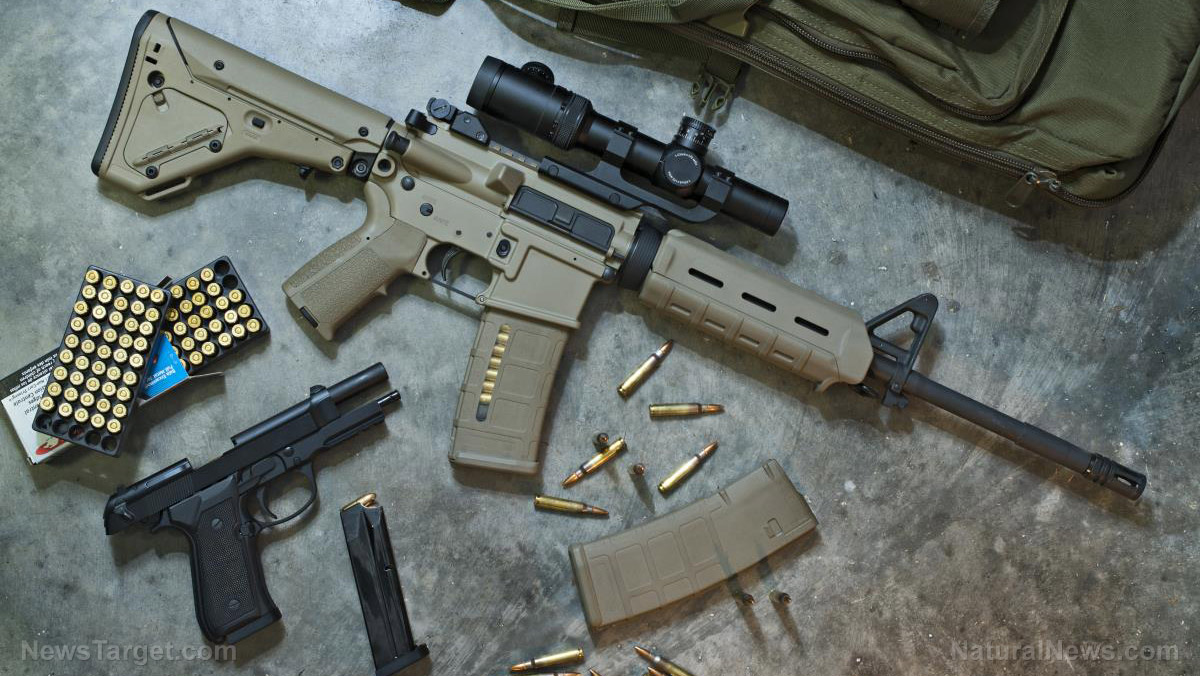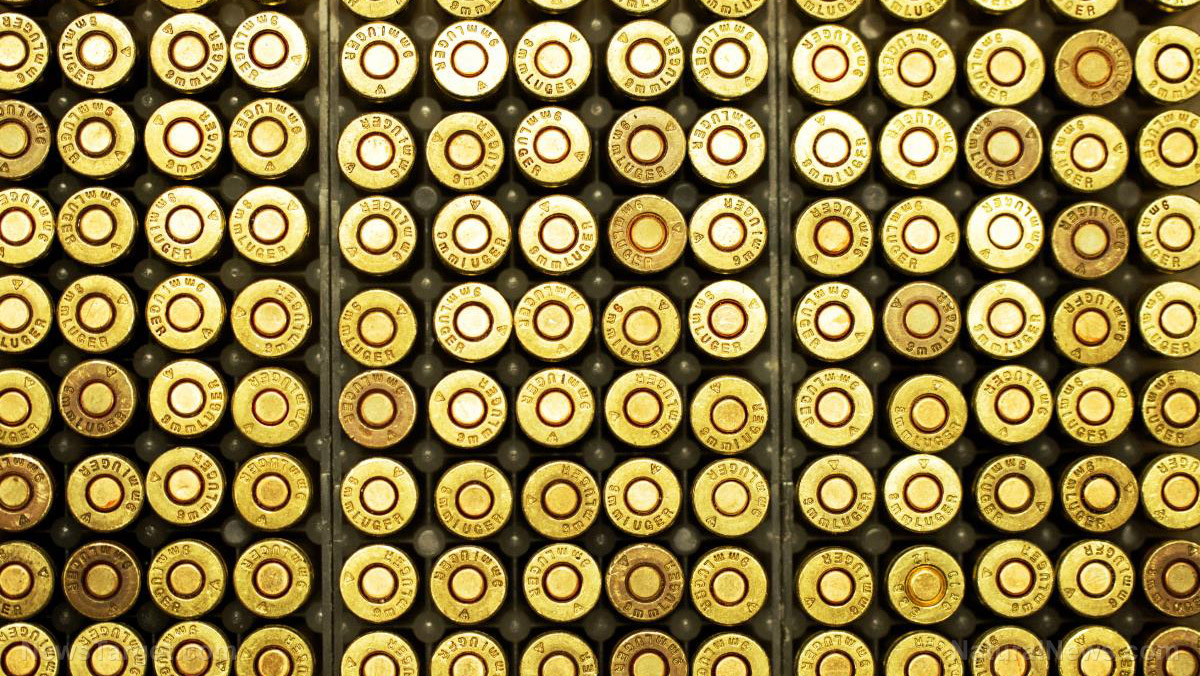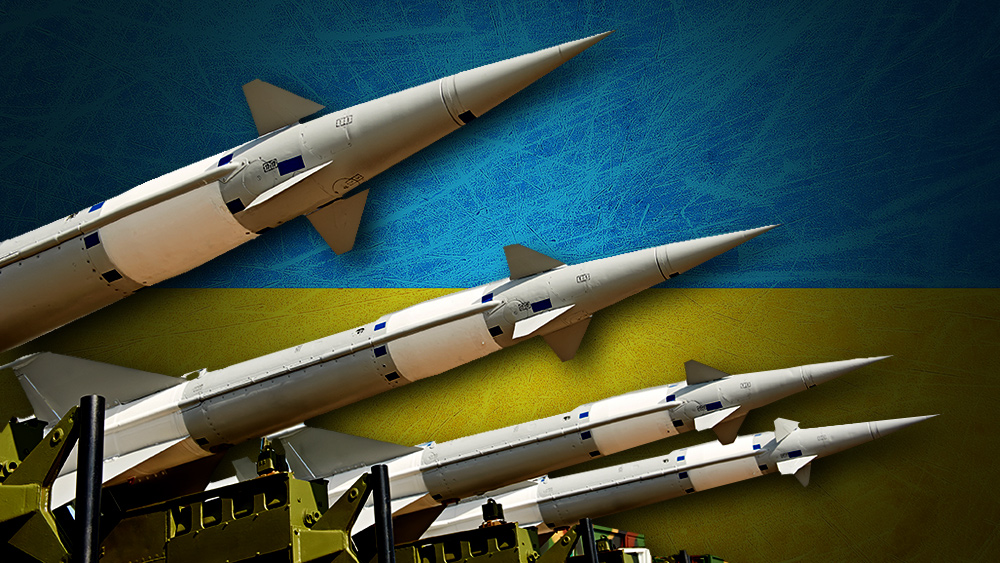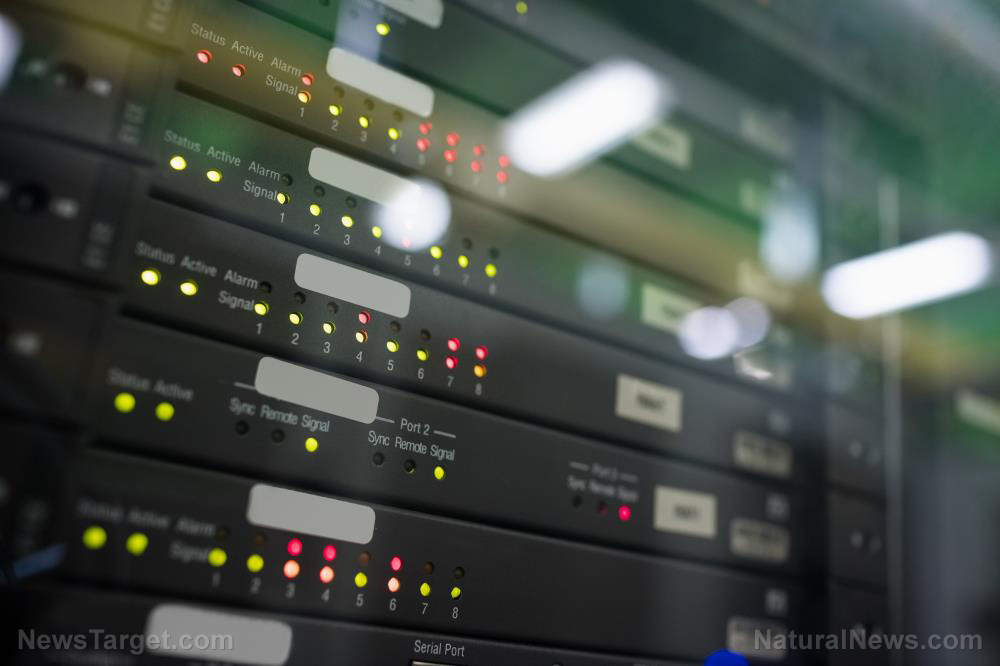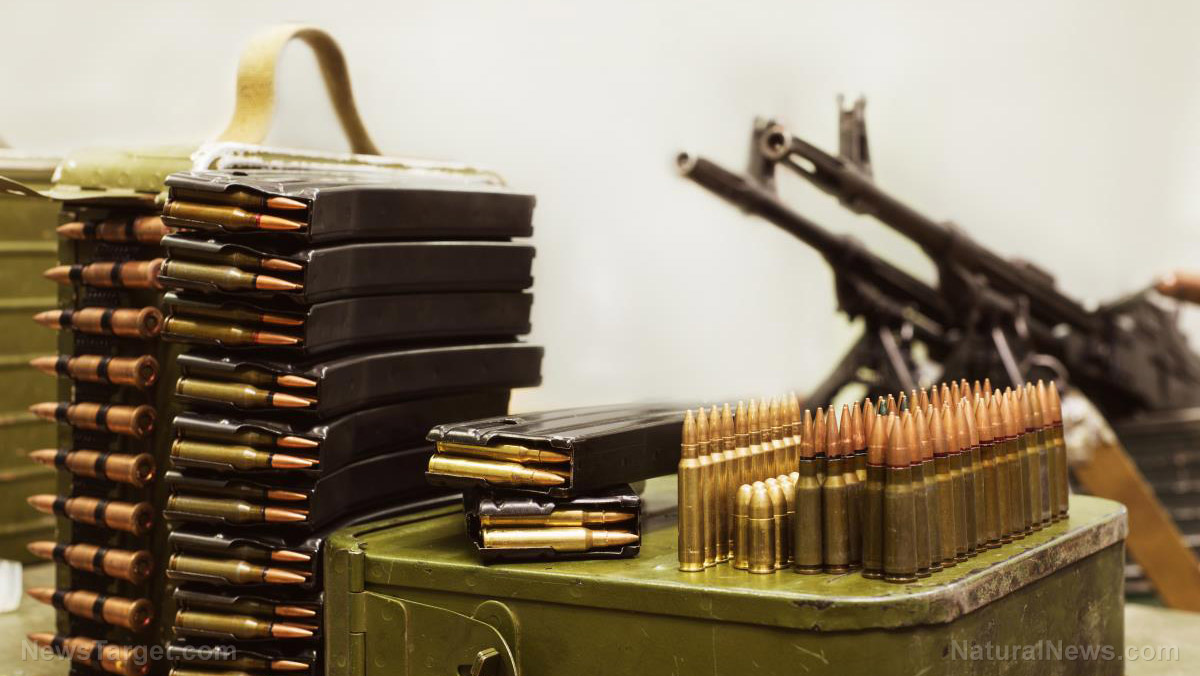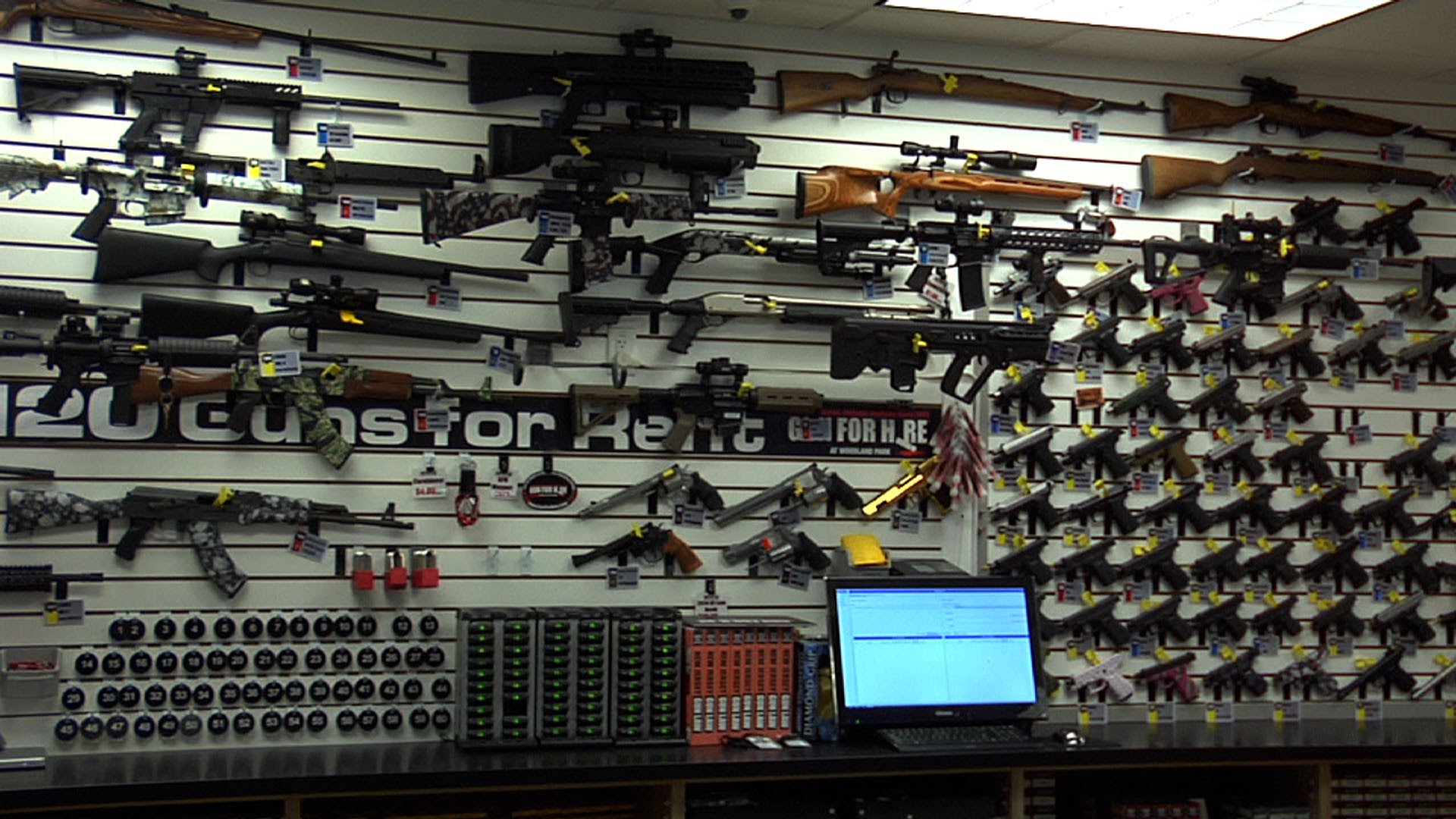
Preppers are frugal, but they know that it's also important to invest in certain kinds of survival gear like bug-out bags (BOBs) and ammunition for firearms. (h/t to SurvivalSullivan.com)
This doesn't mean you should spend all your hard-earned money on your preps. Your needs may differ with the needs of other preppers, especially if you have different sets of survival skills.
Keep in mind that quality is non-negotiable for certain items. Having a cheap tool that easily breaks can make your intended task impossible. High-quality gear is worth investing in, so if you think you'll need something that costs more than what you have in mind, start saving for it before SHTF.
Listed below are 10 items you should invest in, especially if you want to survive in a post-SHTF world.
Ammunition
A gun can make or break your survival plan if you intend to use your weapons to hunt and provide for your family. It makes sense to have enough ammo for hunting and self-defense, and getting high-quality ammo ensures that you can prevent ammo-related malfunctions that usually occur with cheaper brands.
The best-performing ammo for self-defense comes in the form of a premium hollowpoint that usually costs about $1.50 per round. If this costs more than you can spare for your prepping budget, you can make do with ball ammo. Just make sure you purchase quality factory ball ammo, not cheaper imports.
Backpacks for your BOBs
The average BOB weighs about 25 to 40 pounds, depending on the gear you pack.
When selecting a backpack for your BOB, consider the material strength and stitching quality. Your options include mountaineering or hiking packs -- both of which last long -- or military and commercial bags that are also durable enough for outdoor use.
Batteries
You'll need long-lasting rechargeable batteries for your radio and flashlights or headlamps. Prevent battery failure by buying high-quality batteries for your tools.
When stocking up on batteries, rotate them the same way you would food supplies.
Duct tape
Duct tape is a versatile survival item. It can be used for temporary gear repair or for light construction.
Don't waste money on cheap rolls of duct tape that won't be as useful in humid or wet conditions. Invest in high-quality tape that is thick and strong, with sticky adhesive for quick repairs while you're on the move. (Related: Prepping basics: 4 Lists of essential survival supplies.)
Field knife
A trusty field knife is one of the most important items in your survival gear, especially in outdoor settings. A sharp knife can be used to prepare wood or for hunting.
Make sure your knife is sturdy, easy to sharpen, and can hold a good edge. The knife's handle must give you good purchase and shouldn't cause any blisters when you need to use the knife for a long time.
A cheaper knife is fine for your everyday carry kit (EDC kit), but you'll need a quality knife for self-defense.
Flashlights and headlamps
When the power goes out, you'll need flashlights or headlamps. Use tactical flashlights for self-defense or headlamps if you prefer to have both hands free when SHTF.
Good flashlights and headlamps are durable, weather-resistant, and brighter than cheaper alternatives.
Footwear
If you're bugging out, your feet will get you where you need to go. Even if you're strong enough to carry a fairly heavy BOB, you probably won't last long if you're wearing cheap footwear that isn't comfortable.
Consider buying sturdy hiking or work boots. Before you purchase a pair of boots, make sure they're comfortable and can offer support while you're carrying heavy gear. After you buy your boots, break them in so your feet won't hurt when you have to bug out. You should also get footwear suited for multi-terrain or the specific terrain that you'll be traveling over when SHTF.
Maps and compass
When SHTF, you need to know how to navigate using old fashioned maps and a compass. When your GPS is rendered useless, a map and compass will help you reach your bug-out location.
Get updated local city maps, regional topographic maps, and a good road atlas printed on quality paper. Learn how to properly use a lensatic or field compass together with your maps. Keep a smaller button compass as a backup in your pocket survival kit.
Medical supplies
Never cut costs on medicines and medical supplies. Buy a high-quality pouch or container for your first aid kit so you don't lose it while you're camping or hiking.
Make sure your first aid kit includes these basic medical supplies:
- Allergy medication
- CAT tourniquet (combat application tourniquet)
- Facemask
- Gloves (Non-latex)
- Hand sanitizer
- Medical shears
- Medical tape
- Medication for pre-existing medical conditions
Water filtration and purification supplies
Don't skimp on water filtration and purification supplies and backup filter inserts. You'll need a steady supply of clean water in long-term survival scenarios, where you may not have an alternative means of purification.
Rotate your purification chemicals according to manufacturer’s instructions. Some items may go bad over time or lose their effectiveness.
Being economical is a good prepper trait, but it shouldn't jeopardize your chance of survival. Invest in essential survival supplies and practice your skills so you can handle whatever disaster comes your way.
Sources include:
Please contact us for more information.















